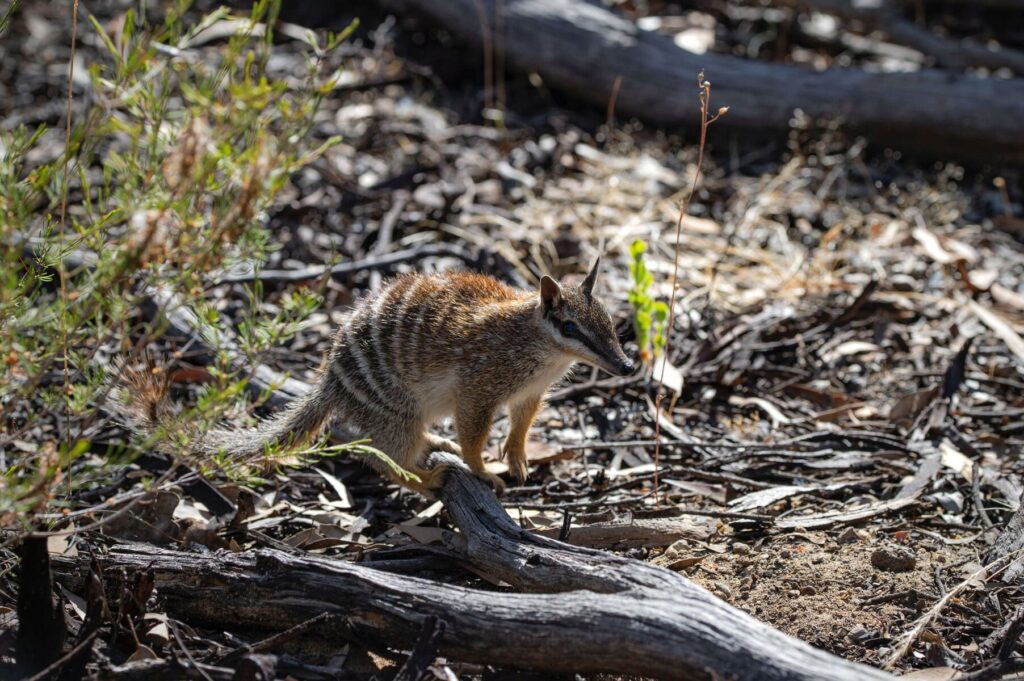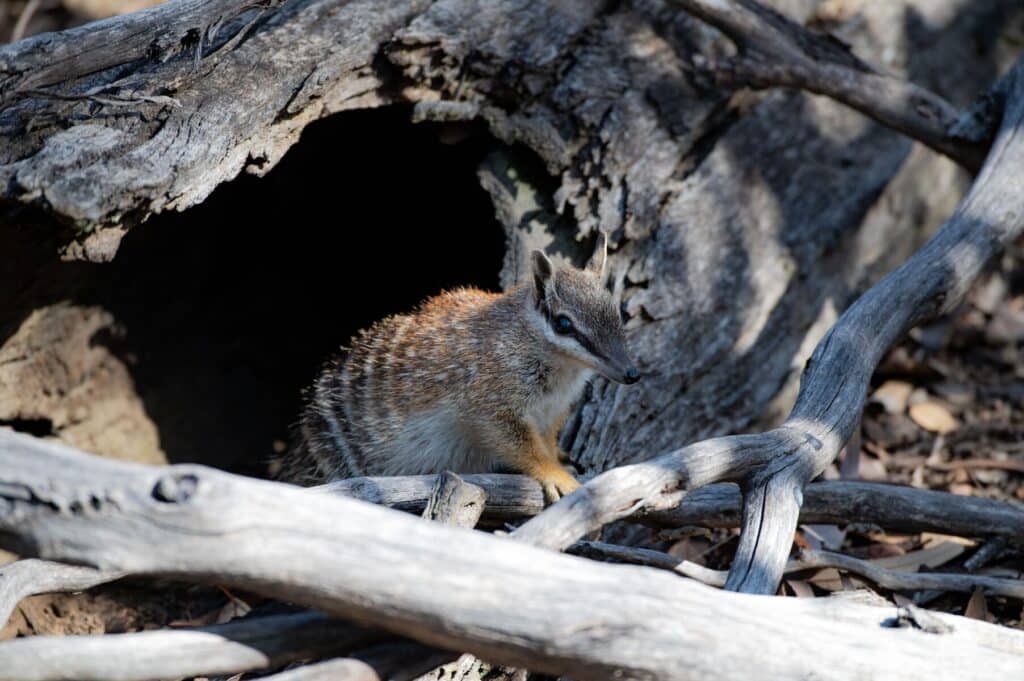FAUNA IMPACT ASSESSMENT REPORTS WA
Accurate Reports That Protect Wildlife
Our fauna impact assessment reports give regulators and investors clear evidence of species presence, habitat value and likely construction effects. By translating complex data into practical actions, we help you secure approvals while safeguarding biodiversity.

DEVELOPMENT FAUNA RISK ANALYSIS WA
Pinpoint Risks Before Ground Is Broken
Our development fauna risk analysis service reviews design envelopes, seasonal sensitivities and cumulative impacts. We map high-value habitat, model disturbance zones and offer avoidance options that trim approval timelines, reduce redesign costs and earn stakeholder confidence.

FAUNA MANAGEMENT PLANS WESTERN AUSTRALIA
Local Experts Guiding WA Projects
Tapping two decades of Western Australian field work, we craft fauna management plans that match regional ecology, Indigenous land use and contractor realities. From Pilbara deserts to South West forests, our plans keep crews safe, fauna secure and regulators satisfied.

ENVIRONMENTAL APPROVALS FAUNA WA
Compliance Made Easy For Busy Teams
Navigating approvals can drain resources. We bundle biodiversity impact assessment findings with construction fauna compliance checklists, prepare clear offset summaries and liaise with DBCA and the EPA. You gain a single point of contact who speaks the language of both science and site managers.
WHY CHOOSE US?
Trust Experience
We bring over 20 years of practical know-how in fauna management and environmental services, offering reliable guidance every step of the way
Government Savvy
We understand Section 40 permits and licensing requirements inside and out, helping you stay compliant with minimal stress.
Cost effective solution
We deliver high-quality services at fair prices, so you can meet your responsibilities without overstretching your budget.
Ethical Approach
We keep interactions with native fauna to a minimum, using responsible, sustainable methods that respect local ecosystems
Flexible and tailored
We create customised packages suited to each client's unique project needs, ensuring our support fits seamlessly into your operations.
Comprehensive support
We act as your one-stop shop, from detailed surveying and training to full compliance assistance, giving you confidence and peace of mind.

PROJECT FAUNA MITIGATION AUSTRALIA
Practical Measures That Keep Work Moving
We design project fauna mitigation programs that slot seamlessly into site schedules. Think supervised clearing, trench fauna ladders, artificial hollows and real-time monitoring dashboards. Each measure is costed, timed and linked to performance indicators so you can track success without slowing production.
Safeguard Your Site, Protect Our Wildlife
FAQs About Fauna Impact Assessments
A fauna impact assessment report includes desktop literature review, field survey methods, species lists, habitat condition ranking, development fauna risk analysis, impact significance ratings, construction fauna compliance requirements, biodiversity impact assessment mapping and an action plan that aligns with WA EPA and Commonwealth EPBC guidelines, giving regulators all data for fast approval.
Commission a development fauna risk analysis during early planning, ideally six to nine months before ground works. Early insight helps designers avoid sensitive habitat, time clearing outside breeding seasons, budget for fauna management plans and schedule offset works. Waiting until tender stage can cause redesign costs, regulator queries and idle plant time. It streamlines tender pricing as well.
Fauna management plans turn assessment findings into day to day site rules. They outline capture protocols, supervised clearing, buffer zones, vehicle speed limits, staff training and monitoring. Implementing the plan proves ongoing construction fauna compliance, shows auditors mitigation is active and gives managers clear checklists to brief crews at toolbox meetings. Reviews keep the plan current.
Project fauna mitigation ranges from avoiding hollow bearing trees to relocating reptiles, installing artificial nests, scheduling noisy works outside breeding times and fencing open trenches. Measures are chosen using evidence from the biodiversity impact assessment, species ecology and landholder objectives so both wildlife and construction targets are protected. Term monitoring verifies success.
Regulator timeframes vary. Straightforward proposals with low residual risk may clear in four to six weeks, while complex mining or linear infrastructure can take three to six months. Submitting complete fauna impact assessment reports, clear GIS layers and a realistic fauna management plan shortens review cycles and reduces requests for information. Pre lodgement meetings with DBCA smooth the path.
Section 40 Environmental brings two decades of WA field work, tight relationships with DBCA officers and Indigenous ranger groups and a track record of zero non compliance findings. We blend zoology, spatial analysis and practical construction knowledge, producing biodiversity impact assessments that satisfy regulators and keep budgets intact. Our specialists attend audits and handle questions swiftly.
Start Securing Your Project and Protecting Wildlife
Partnering with us means you get a straightforward, supportive experience. Get in touch today so we can handle your environmental compliance while you focus on running your operation.
